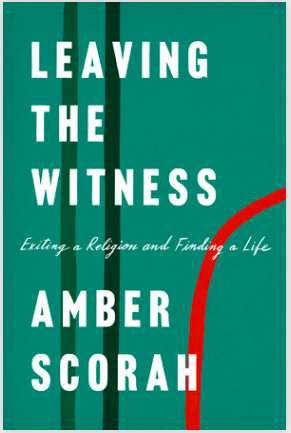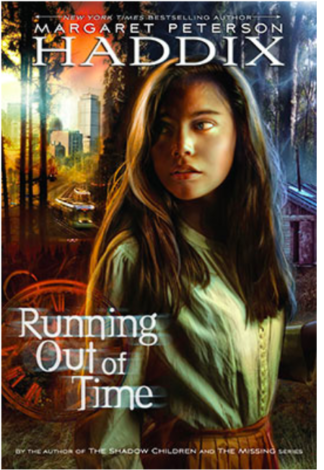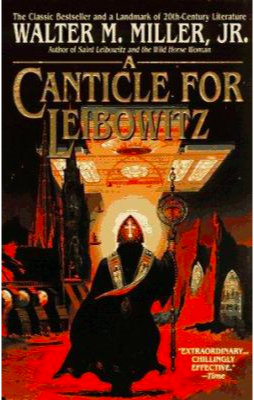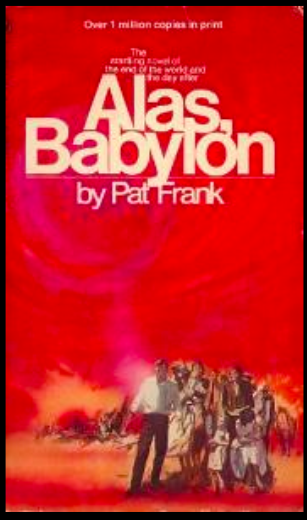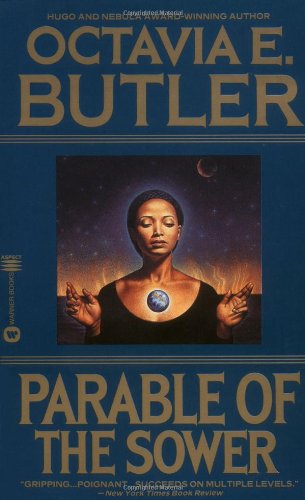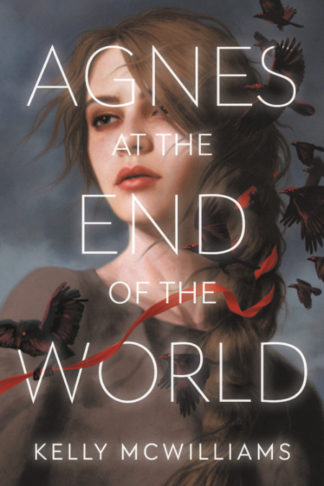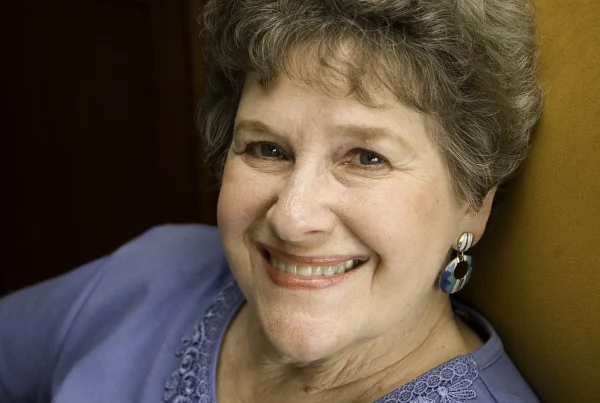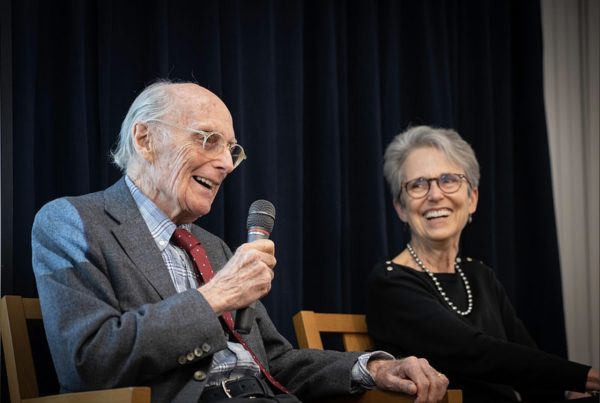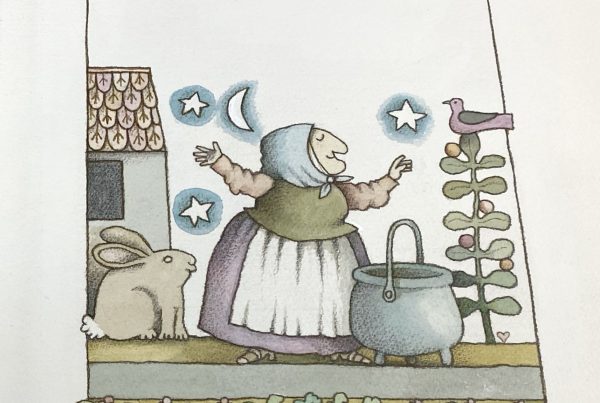Cults, Dystopia, End-of-Times
When a publishing friend said she wanted me to read a galley, I was resistant. I have a pretty big to-be-read pile already. This was a June 2020 pub. It was January and I was facing the winter piles and catching up on 2019.
She said it was from a young author who was mentored by We Need Diverse Books. That caught my attention but I continued my non-committal hmmm, hmmms.
She said it was about a girl who was raised in a doomsday cult. Whoa, that was exactly my jam. How soon could I get the arc?
Raised-in-a-cult
I can’t really explain how I am drawn to this kind of book. The outside typical society books. First person narrative, fiction or non-fiction.
My most recent reads were non-fiction, Educated: A Memoir by Tara Westover.
Westover’s life growing up in a Christian cult, homeschooled, fearful of anyone or anything beyond the immediate family.
and Leaving The Witness by Amber Scorah. Scorah’s memoir of the life of growing up within faithful Jehovah’s Witness family and what it meant to give up everything she knew to be true to have a completely different life than the one she was raised to believe.
I would consider these YA/Adult crossovers and fine for a high-school library.
Dystopian Cult
And a book that has stuck with me over the years is Running Out of Time by Margaret Haddix. Haddix combines the claustrophobic unquestioning beliefs of young girl growing up in what can only be called a cloistered community with imaginative fantasy. (Haddix is also the author of Leaving Fishers, about a girl in a cult)
Ability to Suspend Disbelief
Looking back to my middle school reading, that was when the speculative fiction of Heinlein and Bradbury, Asimov and Triptree, LeGuin and Henderson, Wilhelm and Zimmer Bradley consumed my attention,. The titles that I read over and over were Alas, Babylon and A Canticle for Lebowitz.
These were very different premises but very real to me. There could be a nuclear holocaust. What would society be like in the wake of that kind of catastrophic event? How would people survive? What would they believe? What is faith?
AND THEN THERE WAS
Octavia Butler, Parable of the Sower
Butler describes a dystopian future of climate change, economic, and sociological crisis. The protagonist, Lauren Olamina founds a belief system, a religion. The religion is organized around a central proposition: the inevitability of change, and the consequent need to be adaptable and flexible in response to change.
God is Power—
Infinite,
Irresistible,
Inexorable,
And yet, God is Pliable—
Trickster,
Teacher,
Chaos,
Clay.
God exists to be shaped.
God is Change.
Parable of the Sower was speculative fiction that spoke to my heart. There was no need to suspend disbelief. I already knew the future would be as described. We are there now.
In Butler’s own words to an audience at MIT “Sometime ago I read some place that Robert A. Heinlein had these three categories of science-fiction stories: the what-if category; the if-only category; and the if-this-goes-on category,” Butler told an audience at MIT in 1998. “And I liked the idea. So this is definitely an if-this-goes-on story. And if it’s true, if it’s anywhere near true, we’re all in trouble.” ( Canavan, Gerry, Los Angeles Review of Books, June 9, 2014, https://lareviewofbooks.org/article/theres-nothing-new-sun-new-suns-recovering-octavia-e-butlers-lost-parables)
Agnes At The End of the World
Back to that galley.
Anyone who has read narratives about Warren Jeffs or first person accounts of fundamentalist Mormon sects (the bestselling Escape by Carolyn Jessup comes to mind) ruled by one older messianic figure with multiple child brides will recognize the society that McWillams builds here.
Readers of books about cults will recognize the inherent trauma Agnes faces as she defies all that she and her family believes in when she meets with someone from the “outside” to obtain life-saving insulin for her little brother. The Prophet is supposed to be able to heal him. God through the Prophet is supposed to heal him. Agnes bravely, secretly defies The Prophet while showing her compliant face to her community. She is the very model of a religious, submissive girl. Echoes of Handmaid’s Tale abound.
McWilliams skillfully sets up the characters, the setting and the plot in a way that lulls the reader into a very false sense of what is coming next. I found myself nodding and ticking off all that was familiar. Claustrophobic religious cult, check. Pandemic of unknown cause or cure, check. Predictable violent breakdown of social norms, check. Protagonist with undiscovered reserves of compassion, grit, and courage, check. Yet, I didn’t stop reading. I couldn’t stop reading.
A page-turning thrilling ride that young adult readers of speculative fiction won’t want to miss.
Agnes at the End of the World by Kelly McWilliams (Little Brown Books for Young Readers) publishes on June 9, 2020.


